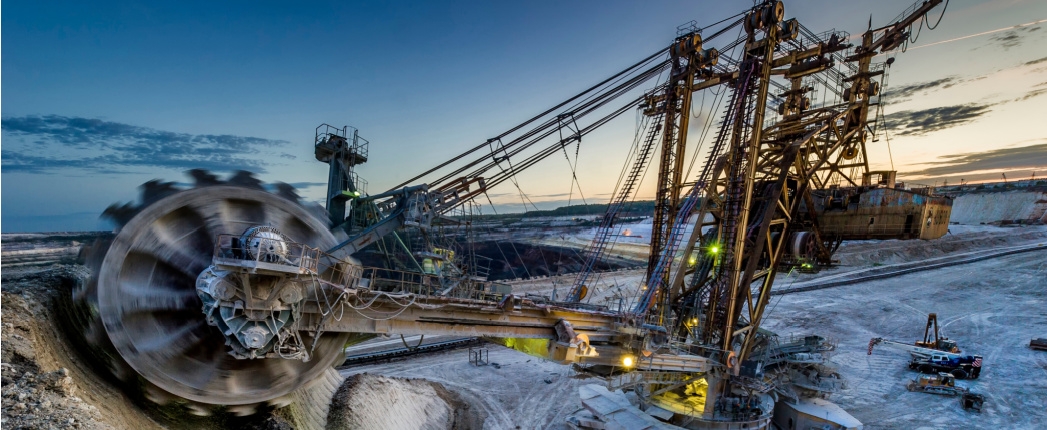
The United States last week announced a sweeping new round of sanctions against Russia, covering a large number of companies including 10 Russian companies supplying lubricants, lubricant additives and other chemicals to the country’s defense industry.
An industry insider predicted these measures will have minimal impact on the Russian lubricants industry.
Announcing the measures Feb. 23, U.S. President Joseph Biden said they were in response to Russia’s ongoing war against Ukraine and for the death of opposition leader Alexey Navalny. The sanctions target individuals connected to Navalny’s imprisonment and banks and companies related to Russian financial and defense industrial base.
The punitive measures aim “to disrupt and degrade Russian advanced manufacturing and technology such as machine tools used in the heavy machine building and arms manufacturing industries as well as additive manufacturing related to 3D printing used in production of unmanned arial vehicles or aircraft parts,” the U.S. Department of the Treasury said in a press release.
Also sanctioned are producers that make specialized lubricants and bearings, “integral components of Russia’s military hardware, including main battle tanks,” as well as those who work in development of lasers, industrial automation and software.
The sanctions list 10 lubricant, additive and chemical producers. One of the companies, General Lubricants, is official distributor of base oils and lubricants made by Taif, a Tatarstan-based refiner that produces API Group III base oils.
A Moscow-based industry insider, who spoked on condition of anonymity, said that these measures will have a minimal impact on the Russian lubricants industry.
“These sanctions will have minimal effect because the companies under sanctions are not exporters,” he told Lube Report Monday. “They work specifically to meet the internal industrial demand. The sanctions target many metal-working manufacturers and their supplies.”
Other targets include companies such as Raketa Lubricants or Suprim Lubricants, producers of finished products and additives used in motor oils, gas engines and steam or hydro turbines, as well as mining, metallurgy, metalworking and heavy and light equipment.
Russia started its military incursion in Ukraine two years ago this month. Afterward, many international companies, marketers of lubricants and lube additives, announced their withdrawal from the country’s market. Big oil majors such as Shell or Total hastily sold assets in the country, including local lubricant factories.
Meanwhile, the Russian lubricant industry increasingly turned inwards, using domestic technology and know-how or products from Asia. The latest round of U.S. sanctions against Russia also hit energy storage and power supply entities, logistics and cargo transportation companies and manufacturers of parts for trucks. The U.S. also sanctioned numerous companies in Russia, China, Kyrgyzstan, Serbia, Finland and other European countries accused of sanctions evasion, circumvention and backfill.